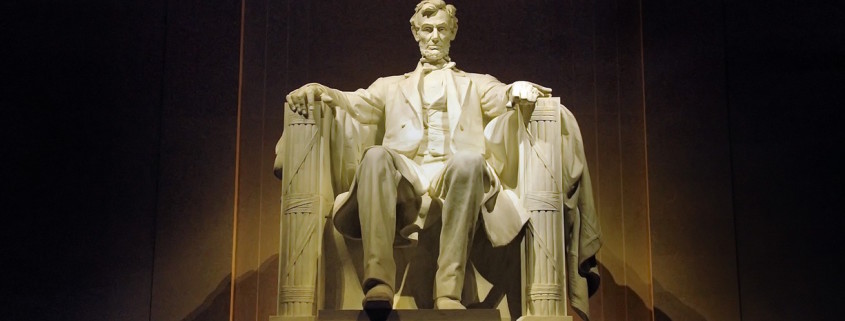Building Epic Credibility: Be as Honest as Abe and as Brilliant as Einstein
Why is credibility so important in today’s workplace? Well, consider what having credibility enables you to do:
- Persuade people more easily
- Influence more people
- Reduce conflict
- Complete projects successfully
- Improve your team’s reputation
Easy to lose and tough to build, credibility ranks as one of the primary characteristics of a successful project manager and leader. A basic determination of credibility can be found in the way you honestly answer this question:
Do people believe what you say?
Here is a systematic approach to determining your own professional credibility:
1. If you and your abilities are unknown, and you therefore have low credibility, spend time building relationships.
That’s what nearly every startup company has done. Find a niche and develop a smart customer base. New employees in new industries must do the same thing. Discover what customers value, their personality traits and how they process information. Cater your strategies, conversations and behavior to them, and back up your insights and recommendations with third-party data such as articles, books and outside experts.
2. Despite being well known among your customers, perhaps a recent incident has resulted in your low credibility.
Rebuild the relationship. Start small and make that phone call. Demonstrate your abilities, keep your promises and communicate. Communication is at the core of leadership credibility. One of the highest-profile examples of this happened five years ago, when the on-demand streaming and DVD-by-mail service Netflix relaunched the DVD side of the business as Qwikster. This news came after customers overwhelmingly criticized a recent price increase. Netflix CEO Reed Hastings took to Netflix’s blog. “I messed up,” he wrote. “I owe everyone an explanation.” Less than a month later, he blogged again, announcing the quick end of Qwikster. Today, Netflix has more than 81 million members in over 190 countries enjoying 125 million hours of TV shows and movies every day.
3. You and your abilities might be unknown, but you still pack high credibility — either because of significant word of mouth or your connection to a popular brand.
If Best Buy were to name a new CEO, for example, that individual might (or might not) have name recognition, but he or she would still need prove himself or herself in the new position — despite being affiliated with one of the highest-profile retailers in the country. In your case, you may have built a reputation of being knowledgeable and dependable even by customers who don’t know you! While this is unquestionably a desirable situation, don’t consider it a free pass to great customer relationships.
4. If customers know you and your abilities, and you therefore have high credibility, congratulations.
This is what everyone should strive to attain, because it means that a customer or coworker has dealt with you before and realized positive results. It means that people trust your input and your performance so much that they ask for and heed your advice wholeheartedly. Steve Jobs had that kind of pull. He created a demographic of computer consumers that wait in line for an entire day to purchase a product they have never touched or even seen up close, simply because it has the Apple logo on it. But beware: Customer and colleague relationships are precious and should never be taken advantage of by abusing credibility to sell unnecessary, unwanted or low-quality items. Remember Apple’s short-lived MobileMe subscription service? That was a disaster, and Jobs had the credibility behind him to admit it.












Leave a Reply
Want to join the discussion?Feel free to contribute!